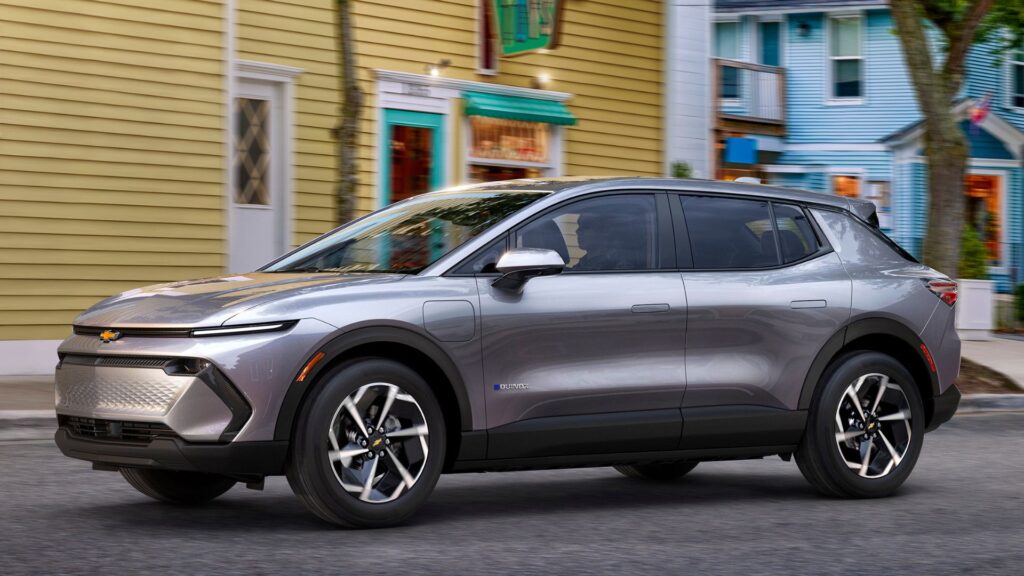If true, this would explain a lot of things.
A shocking new report claims the real reason Tesla and other automakers have been slashing EV prices is that demand for all-electric cars has dropped like a rock. That’s a bold claim and should be backed by solid evidence, however no matter what evidence is used in the report some will take issue with the source and stop there.
See why Ram’s electric truck commercial wasn’t necessarily a win here.
This report comes via OilPrice.com, a news site that as you probably already guessed caters to the oil industry. To not at least take that into account would be Pollyanna, however that doesn’t automatically mean the data cited in the report is completely invalid.

According to the report, a mere 672,000 EVs were sold in January for the entire world. That’s a huge drop-off considering almost twice as many were snatched up by consumers in December 2022. The year-over-year change from January 2022 to 2023 was just 3%, casting doubt on the narrative that EVs are growing in popularity.
Considering Tesla and then competitors started slashing EV prices in January, surprising many and even angering new customers, perhaps this claim of a collapse in demand isn’t far-fetched. The report explains that this erosion in electric car market demand has been fueled by EV subsidies being slashed in Europe and China starting in January. Of course, the US is an anomaly thanks to the Inflation Reduction Act which has infused the market with plenty of taxpayer dollars.
However, the expansion of EV manufacturing to capitalize on any demand in the US isn’t without obstacles. After all, the manufacturing collaboration between Chinese battery company CATL and Ford ran into a roadblock in Virginia and so is going forward in Michigan. At the same time, regulators in Beijing are questioning why CATL needs a $5 billion infusion of capital via Swiss global depository receipts.

What’s more, despite government intervention to get consumers to snatch up EVs in the US, sales here seem to be decreasing. The OilPrice.com report claims only about 80,000 units were sold in January, making up 7.8% of the overall auto market, roughly coinciding with a report from the US Office of Energy Efficiency & Renewable Energy. That’s hardly a surge in demand fueled by tax credits and other incentives. While the market is still in a period of growth and hardly collapsing, there are doubts about the long-term future thanks to possible mitigating circumstances.
One of the possible disruptors to EV market growth is the economy. While some claim the coming recession (which others say we’re already in) will be brief and mile, others are predicting seismic shifts in markets around the world as a deep and treacherous depression threatens economies globally. While the reality might be somewhere between those two extremes, the fact is in uncertain times people often turn to the tried and true, and that isn’t electric cars.
Sources: OIlPrice.com, CNBC, Energy.gov
Images via Ford, Tesla, GM


























+ There are no comments
Add yours